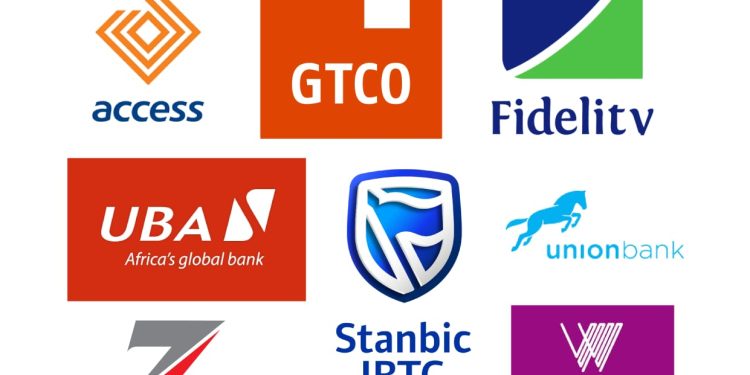In 2024, Nigeria’s leading banks significantly boosted their investment in technology, spending a record N518.5 billion. That’s more than double the N248 billion they poured into IT the previous year, according to audited financial reports from eight major banks.
As digital services become the core of banking, traditional banks are racing to keep up with fast-moving fintech rivals.
Access Holdings led the charge, spending a massive N193.5 billion on IT. That’s a 148% jump from 2023. The bank didn’t announce a full system overhaul, but it quietly rolled out weekend upgrades to avoid disruptions. Its spending reflects big ambitions across Africa and a growing retail market.
GTCO wasn’t far behind, investing N88 billion which is a 48% rise. The bank switched to Finnacle, a robust core banking system by Infosys, to enhance performance and reliability.
Zenith Bank doubled its tech spending too, hitting N67.3 billion. It transitioned to Oracle’s Flexcube system to improve digital banking across all platforms.
Fidelity Bank made one of the boldest moves, increasing its IT budget by 239%, from N16.5 billion to N56 billion. UBA also doubled its spend to N48 billion, focusing on digital channels to serve its expanding African base.
Stanbic IBTC, FCMB, and Wema Bank followed suit. Notably, Wema posted the biggest percentage growth—nearly 293%, despite having the lowest overall spend at N5.5 billion.
Banks are feeling the heat from digital-first challengers like OPay, PalmPay, and Moniepoint. These fintechs offer quicker services and better user experiences. To stay competitive, banks are betting big on tech.
According to Dipo Alabede, CEO of Clane, Investment in digital infrastructure is the only way to remain ahead of the curve. But he warned that rising digital use brings growing cybersecurity threats.
Onafriq CTO, Tayo Ogunlade, echoed this, urging banks to collaborate and secure the digital payment space.
With tech rapidly reshaping finance, Nigerian banks are no longer dipping their toes but they’re diving headfirst into the digital era.






















































